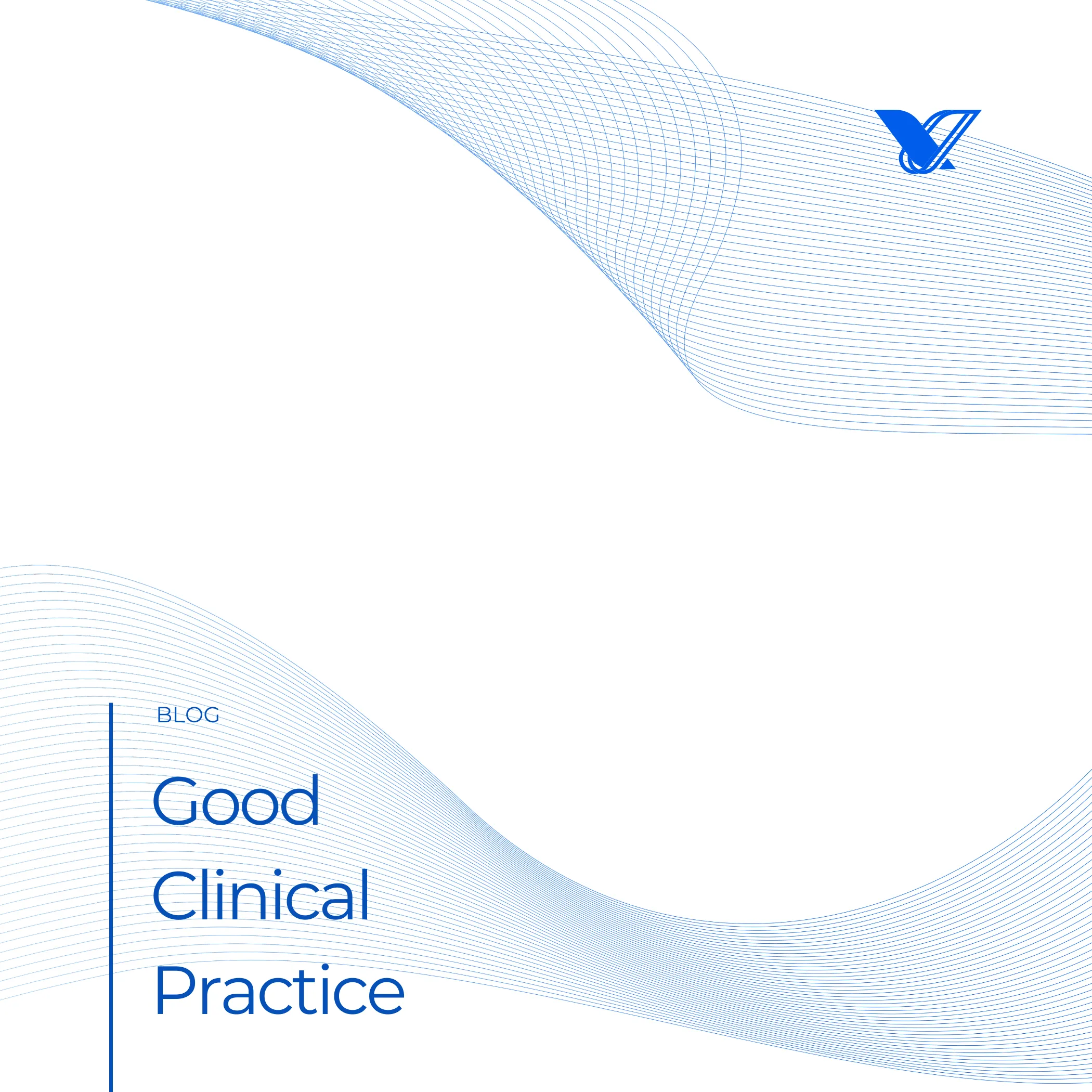Bringing science and humanity: How systems thinking should shape clinical trial execution

In the pharmaceutical industry, ensuring the ethical and scientifically rigorous conduct of clinical trials is essential to patient safety, data integrity, and medicine development success. Good Clinical Practice (GCP) serves as the globally recognized standard for designing, conducting, recording and reporting clinical trials. This framework safeguards participant rights while ensuring the credibility of trial data. A thorough understanding of GCP is critical for researchers, clinical trial coordinators and healthcare professionals.
Defining Good Clinical Practice
GCP is a quality standard governing all aspects of clinical trials. The International Council for Harmonisation (ICH) defines it as the benchmark for ethical and scientific conduct in research. It ensures ethical treatment of participants while maintaining data accuracy and reliability. It has been widely adopted by pharmaceutical and biotechnology companies, contract research organizations (CROs), academic institutions and regulatory bodies worldwide.
Core Principles of GCP
The ICH GCP guidelines are based on principles that govern trial execution, including ethical conduct, risk-benefit assessment, participant protection, data-driven justification and adherence to scientifically sound protocols. Informed consent is required and all personnel must be qualified. Data integrity and confidentiality are essential and researching products must comply with Good Manufacturing Practice (GMP) standards. Quality systems and accountability are also key components.
The Regulatory Landscape for GCP
European Union Framework
The European Medicines Agency (EMA) enforces GCP through several regulations, including the Clinical Trial Directive (2001/20/EC), the GCP Directive (2005/28/EC), and the Clinical Trials Regulation (536/2014), which modernizes and harmonizes requirements. Compliance is ensured through inspections, guidance, and international collaboration.
FDA Framework
The U.S. Food and Drug Administration (FDA) enforces GCP to ensure trial integrity, participant protection, and data quality. Regulatory guidance supports sponsors and investigators in meeting these standards, which are essential for global trial compliance.
Quality Management Systems in GCP
A structured Quality Management System (QMS) is critical for effective GCP implementation. The E6(R3) guidelines emphasize Quality by Design (QbD), continuous risk assessment, robust data governance, and clearly defined roles to enhance accountability.
GCP Training and Certification
Ensuring personnel are well-trained is essential for compliance. Recognized programs include the CITI Program , TransCelerate BioPharma training, NIH resources for NIH-funded investigators, and ACRP certification for clinical researchers. The choice of program depends on regulatory requirements and trial needs.
Implementing GCP in Clinical Trials
Technology plays a key role in enhancing GCP compliance. Electronic Data Capture (EDC) systems improve data collection, remote monitoring enhances oversight, and digital consent management streamlines participant engagement. Documentation remains critical, covering trial protocols, informed consent forms, case report forms (CRFs), standard operating procedures (SOPs), and monitoring reports. Effective monitoring strategies, including risk-based and centralized monitoring, help ensure compliance.
Conclusion
Good Clinical Practice remains the foundation of ethical and scientifically sound research. Adhering to GCP principles and staying informed on regulatory advancements, such as ICH E6(R3), is essential to safeguarding participant safety and ensuring data integrity. Continuous training and a commitment to quality management are key to maintaining compliance and advancing pharmaceutical development.
Follow us by subscribing to our Newsletter or Linkedin
More from Vilintra


.webp)
.webp)
%20(1).webp)

